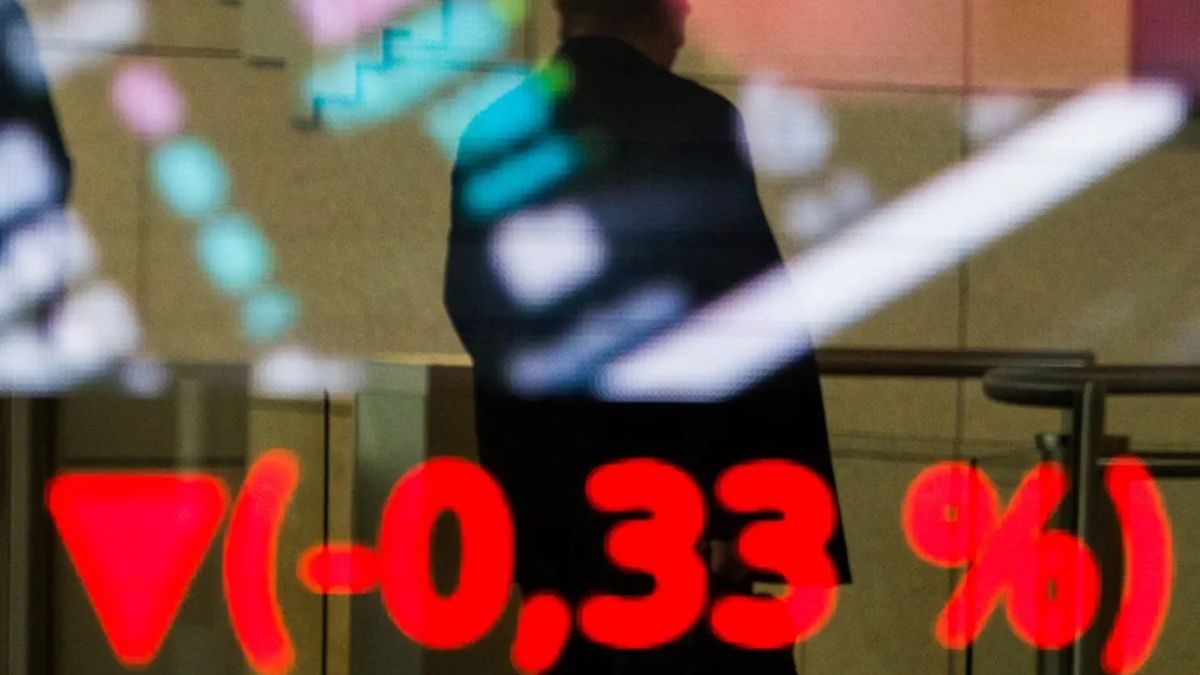French lawmakers are accusing the government of weakening new rules designed to stop tax avoidance schemes used by banks and foreign investors to dodge taxes on dividends. These changes, which were passed earlier this year, were meant to close loopholes in how dividend taxes are applied. But now, critics say the government’s interpretation of the law is making the rules much less effective.
Senator Jean-François Husson, who led the push for the tougher tax rules, says the government is allowing too many exceptions. In a statement released by the Senate, Husson questioned why the Finance Ministry published a version of the law in April that “substantially strips” it of its anti-fraud power. He even visited the ministry to see how the rules are being carried out in practice.
At the heart of this issue is a controversial trading tactic known in France as “Cum-Cum.” This strategy involves temporarily transferring French stocks to a tax-exempt entity, like a local bank, during dividend payouts. By doing this, investors avoid paying withholding tax on dividends. The tax savings are then shared among the players involved in the trade.
Authorities claim that these trades have cost France billions of euros in lost tax revenue. In fact, the French tax agency is currently seeking €2.5 billion from several banks linked to Cum-Cum transactions.
Last year, prosecutors raided the offices of major financial institutions, including BNP Paribas, Societe Generale, HSBC, and Natixis, as part of their investigation into these practices. While no formal charges were made, the events put a spotlight on widespread abuse of dividend tax laws.
Following public and political pressure, lawmakers introduced new legislation to stop such schemes. However, with the Finance Ministry now accused of diluting the impact of those reforms, frustration is growing. Banks and financial institutions, such as Goldman Sachs and Bank of America, have already pulled back on some French equity trades because of the legal uncertainty.
Despite these moves, lawmakers are demanding stricter enforcement and fewer loopholes. For them, the stakes are clear: billions of euros in lost revenue, public trust in tax fairness, and the need to ensure that big financial players play by the rules.
Credits – Bloomberg


